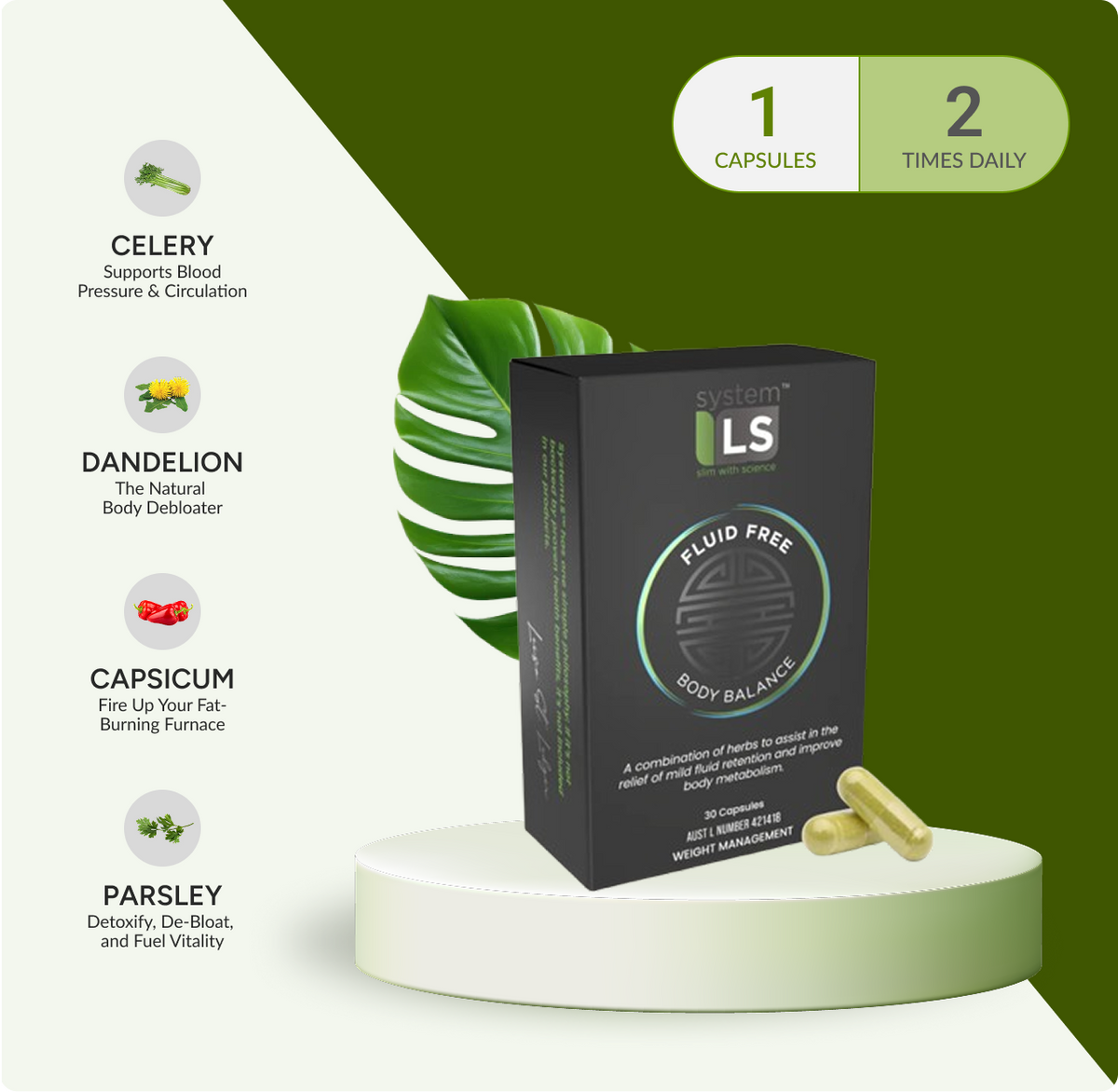We will describe the nutritional benefits and a few ideas to take pumpkin daily.
NUTRITIONAL VALUE OF PUMPKIN
Pumpkin is a Vegetable classified in group B, which means it has 8 grams of carbohydrates in 100 grams of food. We should consider that inside that 8% of carbs, a big part of them are fiber. That's why it's caloric intake is very low.
On the other hand, as every vegetable that has warm color, is high in beta carotene (VITAMIN A): fat soluble vitamin that has a direct function in the retina at the ocular level, favoring vision.
Last but not least, pumpkin seeds are a source of flavonoids, improving the lipid profile and contributing to decrease the absorption of LDL.
PUMPKIN VERSATILITY
We can think of different ideas to eat it daily: both sweet or salty. As a side dish like puree, soups, chips, etc, or as a pie filling, pudding, etc. As a collation such as pumpkin with cheese, or pumpkin with peanut butter, etc.


